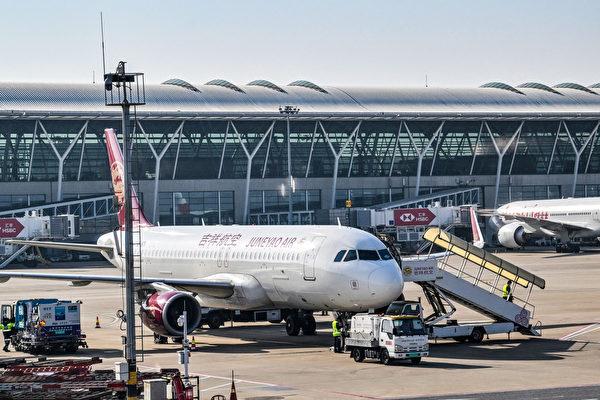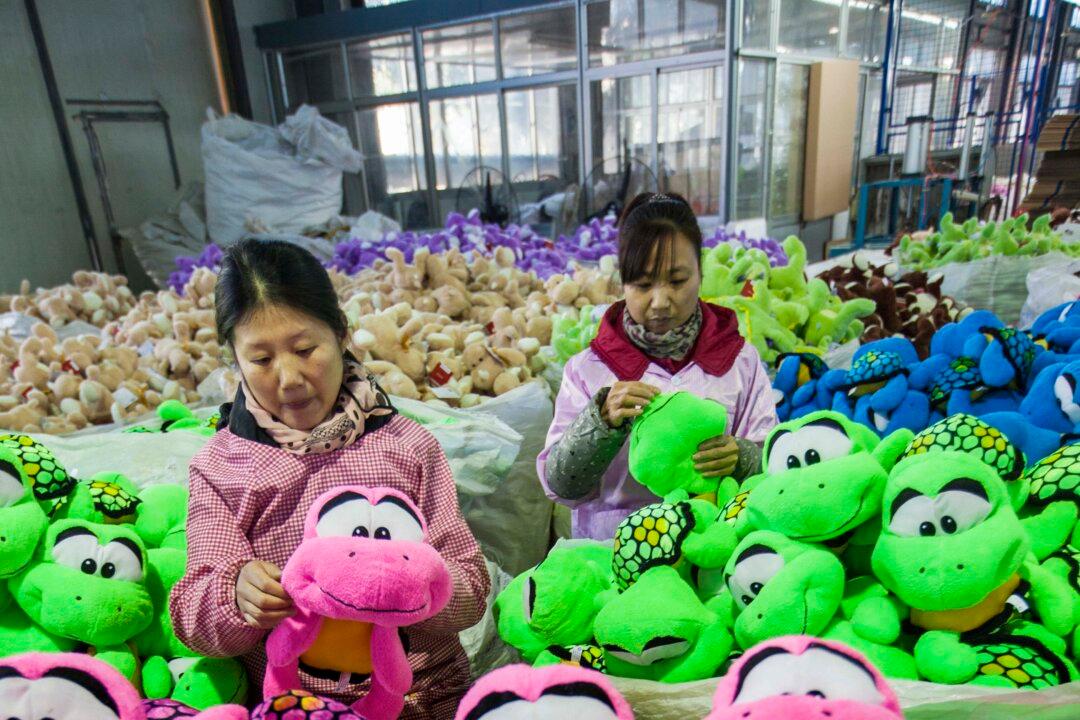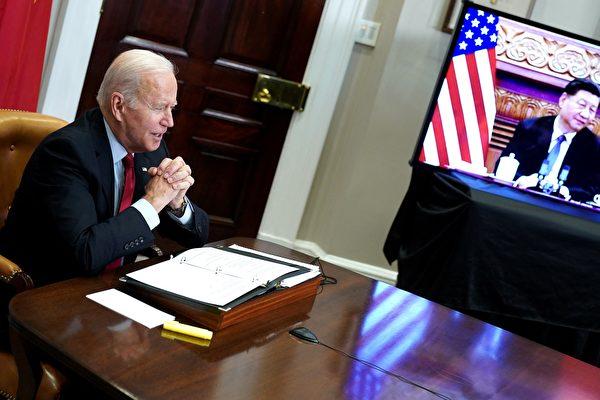In a move that has China observers concerned, Beijing is cracking down on criticism of China’s economy. Last year there was a notable increase in the censorship of financial news articles, and the crackdown broadened in 2024, with China’s Ministry of State Security, in a series of posts on its official WeChat account, begging citizens not to listen to “false narratives” about the economy and warning of increased efforts by security agencies to shut down negative talk about the economy.
Among those calling out China’s declining economy, and being censored for it, is Chen Shouhong, a Chinese economist known for his insights into global investment trends. Commonly known as “Ge Long,” Mr. Chen is the founder of Gelonghui, an online platform for information about global investments. In a Weibo video last fall, he highlighted three reasons why the Chinese economy is in crisis. The video, not surprisingly, was quickly removed by Chinese Communist Party (CCP) censors.





